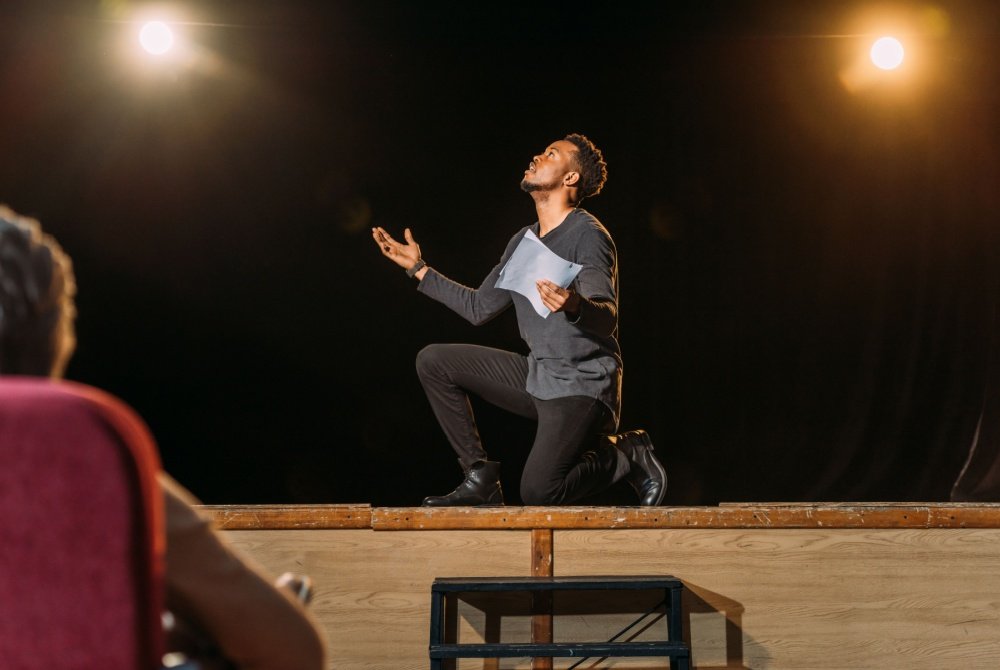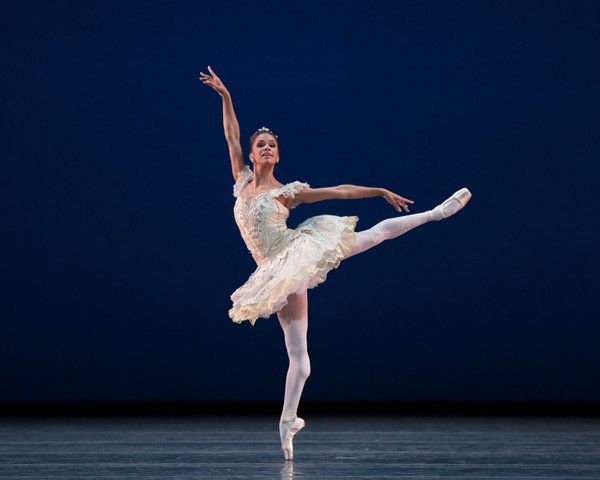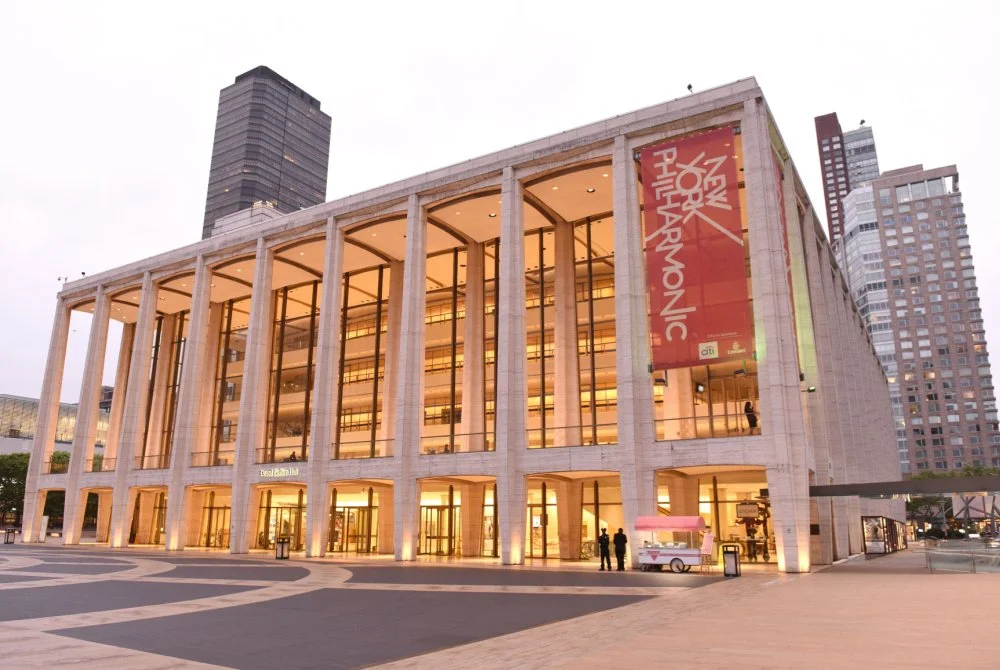A Win for the Little Guys: An Influential Funder of Small Arts Groups Embraces Social Engagement
/vladm/shuttersto
A recurring theme across Inside Philanthropy's arts verticals is the increasingly important role of institutional funders in supporting small arts organizations. The challenges facing these organizations are numerous and well-documented: cuts to public funding; the threat of displacement thanks to rampant gentrification; the distracting demands of incessant fundraising; endless entertainment options vying for audiences' limited free time.
None of this is news to the Andy Warhol Foundation for the Visual Arts. Established in 1987, the foundation funds exhibitions, publications and visual arts programming for contemporary art that is experimental and often unrecognized.
The foundation recently announced the 42 recipients of its spring 2018 grants, totaling $3.6 million. The selected organizations, which were chosen from a pool of 224 nonprofits, will receive grants ranging from $35,000 to $120,000. The funding comes six months after the foundation announced its Fall 2017 grant recipients, in which 48 organizations received over $4 million in support.
The big takeaway from this most recent round? According to ArtNews, "many of this year’s recipients have focused on artistic engagement with political and social issues."
"Many of these organizations are small, with budgets well under $1 million, yet they are providing vital professional support to a diverse set of artists while remaining socially engaged in their communities. This work is inspiring at a time when many groups in this country feel threatened—women, people of color, the LGBTQ community, to name a few," said Joel Wachs, the Warhol Foundation’s president.
By linking the arts with pressing social issues, Wachs' sentiments echo a line of thinking increasingly espoused by many funders across the past few years—and especially since the 2016 election. Here are just a few examples.
"At a time when funding is imperiled and the core social issues these organizations address—xenophobia, Islamophobia, LGBTQ rights, racism, criminal justice, income inequality and women’s rights—are more critical than ever, given the current political climate," said the Shelley & Donald Rubin Foundation, after announcing the 2017 grantees for its Art & Social Justice Initiative.
"At a time in the country’s history where issues of race, class, gender, power, and privilege are more contentious than ever before, the arts provide a powerful vehicle for reflecting on and responding to these currents," reads North Carolina-based William R. Kenan, Jr. Charitable Trust's 2017 annual report.
Surdna Foundation's Artists Engaged in Social Change grants are designed to "support individual artists, culture bearers, and nonprofits whose work is embedded in community and either helps to inform, engage, or challenge people around specific social issues or helps to increase our awareness of cultural diversity."
And many of Creative Capital's 2016 awardees reflected the funder's "commitment to artist-activists, who are engaging some of the most significant and hotly debated issues of our time."
Of course, the Warhol Foundation also remains committed to helping small organizations keep the lights on.
Kelsey Halliday Johnson, the executive director of the Portland-based contemporary arts venue Space Gallery, said her organization plans to use its two-year, $100,000 grant to relieve the pressure of fundraising for month-to-month exhibitions and focus on broader, long-term goals like a "major facade" project.
"It feels validating to have a long-term partner organization like the Warhol Foundation," Johnson told the Portland Press Herald. "Two years of working directly with artists and not having to worry about fundraising is exciting. To be able to focus on mission work instead of constantly fundraising is a real gift."
"We are honored to support museum exhibitions that will bring the work of important artists, many of whom have not received the national recognition they deserve, to the public," the foundation's Wachs said.
The Warhol Foundation's spring grant announcement comes a few months after the launch of the Velocity Fund. A partnership between the foundation's Regional Regranting Program and the Philadelphia-based art space Temple Contemporary, the fund provides grants for independent visual artists working in "cross-disciplinary or experimental formats" in the City of Brotherly Love.
The Velocity Fund is the Warhol Foundation’s twelfth U.S.-based Regional Regranting Program, which aims to "to support vibrant, under-the-radar artistic activity by partnering with leading cultural institutions in communities across the country."
“With federal arts funding declining, the Andy Warhol Foundation for the Visual Arts recognized a desperate need for artists to support their own practices, and they stepped into the breach," said Robert Blackson, director of Temple Contemporary.
I suspect the 42 small arts organizations that netted Spring 2018 Warhol Foundation grants enthusiastically agree with Blackson's assessment.







































